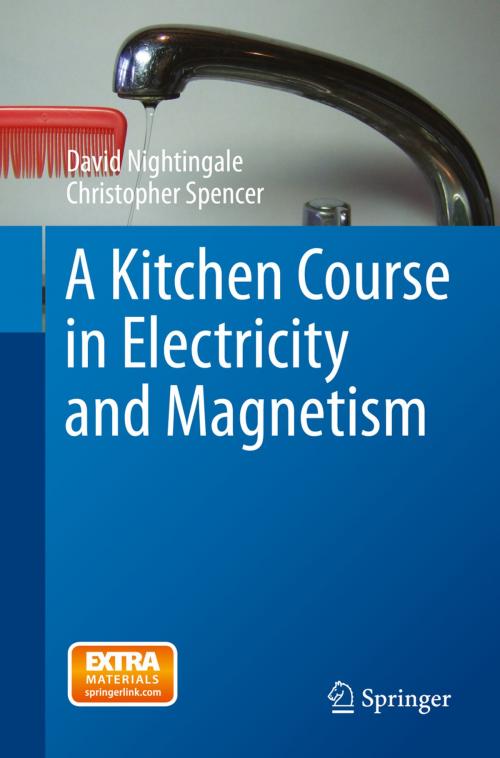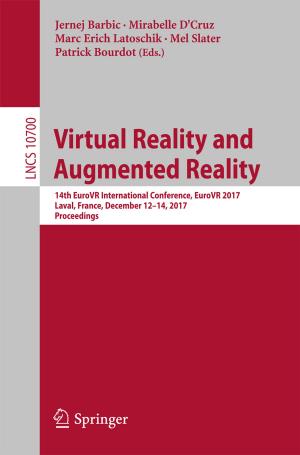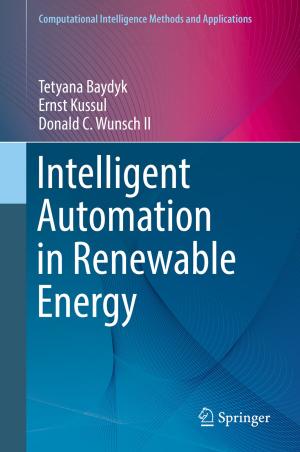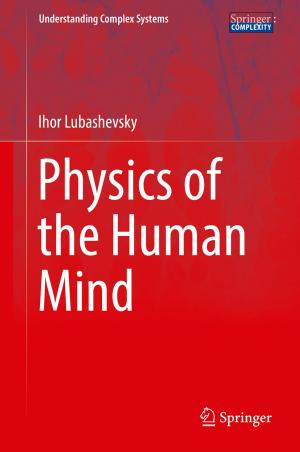A Kitchen Course in Electricity and Magnetism
Nonfiction, Science & Nature, Technology, Electronics, Circuits, Science| Author: | David Nightingale, Christopher Spencer | ISBN: | 9783319053059 |
| Publisher: | Springer International Publishing | Publication: | July 23, 2014 |
| Imprint: | Springer | Language: | English |
| Author: | David Nightingale, Christopher Spencer |
| ISBN: | 9783319053059 |
| Publisher: | Springer International Publishing |
| Publication: | July 23, 2014 |
| Imprint: | Springer |
| Language: | English |
Electricity is all around us: cars, telephones, computers, lights -- the modern world runs entirely on electrons. But what are electrons? How do they behave? How do we control them? This book will show you how to build a battery, detect static electricity and construct a basic current meter, all using common items from your kitchen. Along the way you'll learn about the meaning of "voltage" and "current", what makes an LED work and the difference between AC and DC. The last chapter uses transistors -- the basic building blocks of every computer -- for lots of interesting experiments. With plenty of colorful illustrations, historical stories and an easy, accessible style, "A Kitchen Course in Electricity and Magnetism" will be a great start for budding and amateur scientists who want to learn more about how the world works.
Electricity is all around us: cars, telephones, computers, lights -- the modern world runs entirely on electrons. But what are electrons? How do they behave? How do we control them? This book will show you how to build a battery, detect static electricity and construct a basic current meter, all using common items from your kitchen. Along the way you'll learn about the meaning of "voltage" and "current", what makes an LED work and the difference between AC and DC. The last chapter uses transistors -- the basic building blocks of every computer -- for lots of interesting experiments. With plenty of colorful illustrations, historical stories and an easy, accessible style, "A Kitchen Course in Electricity and Magnetism" will be a great start for budding and amateur scientists who want to learn more about how the world works.















